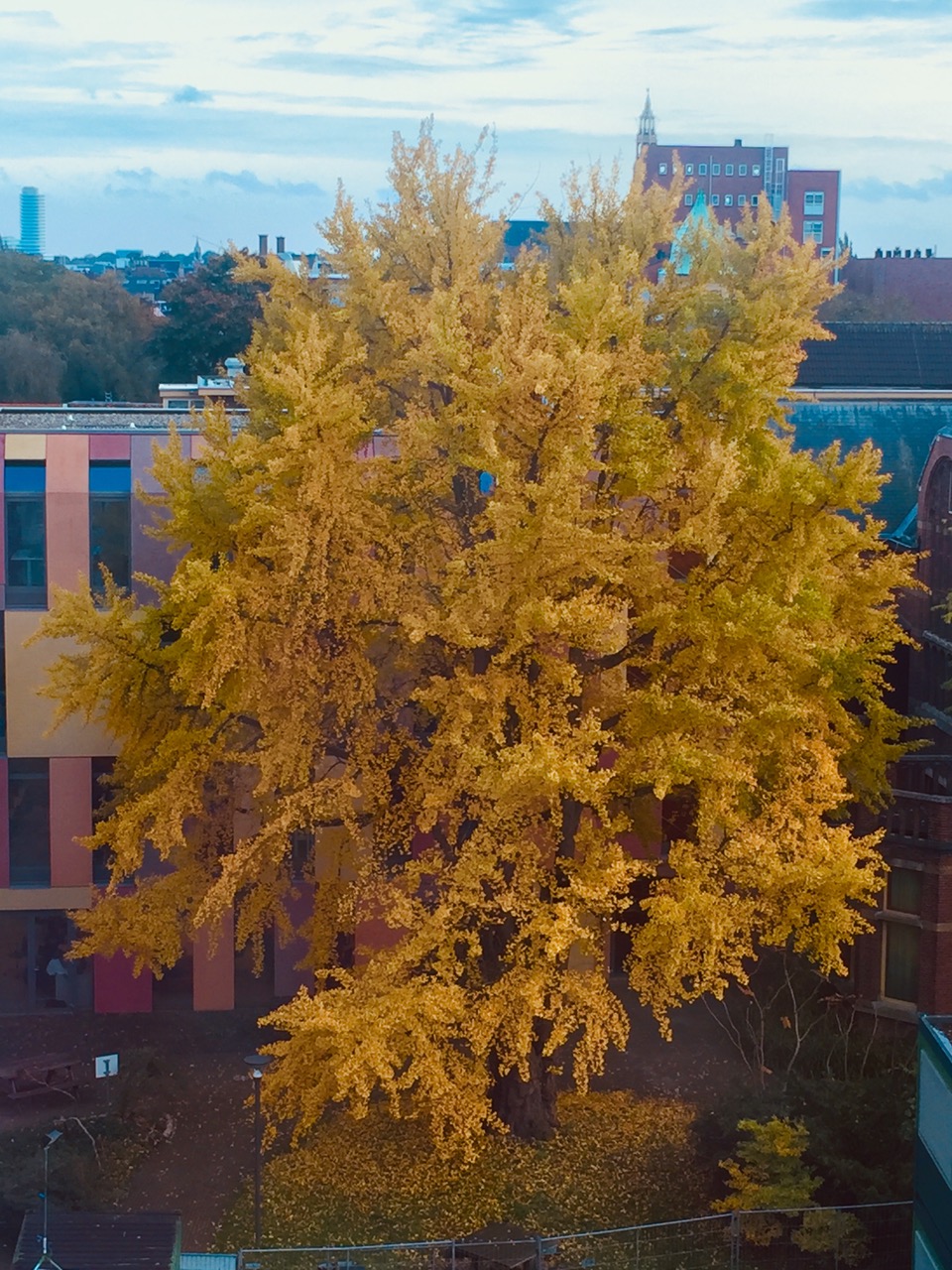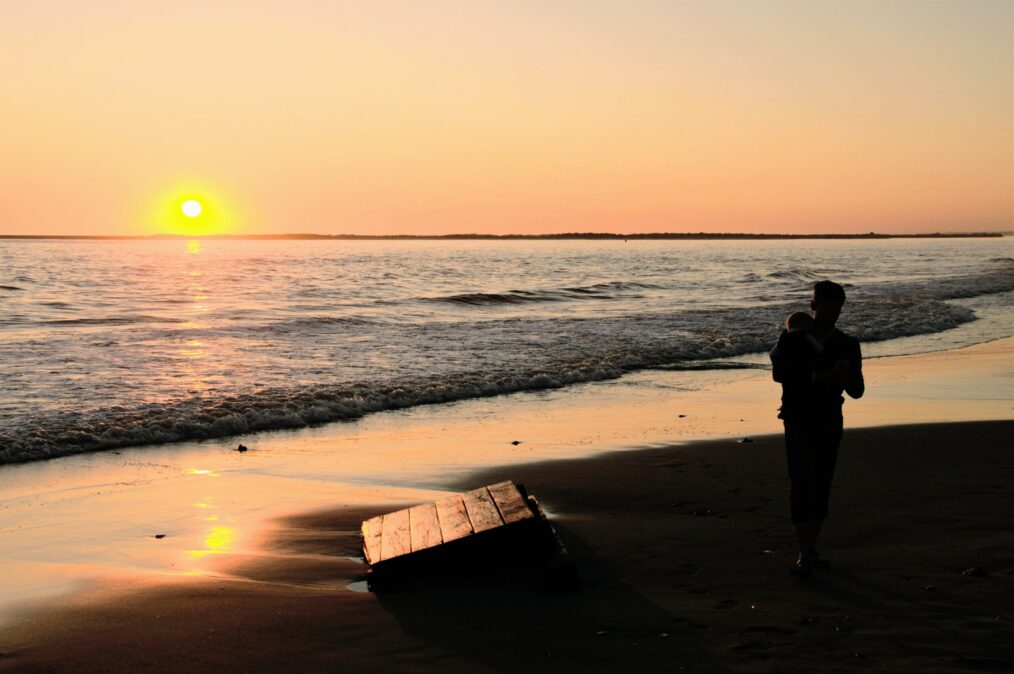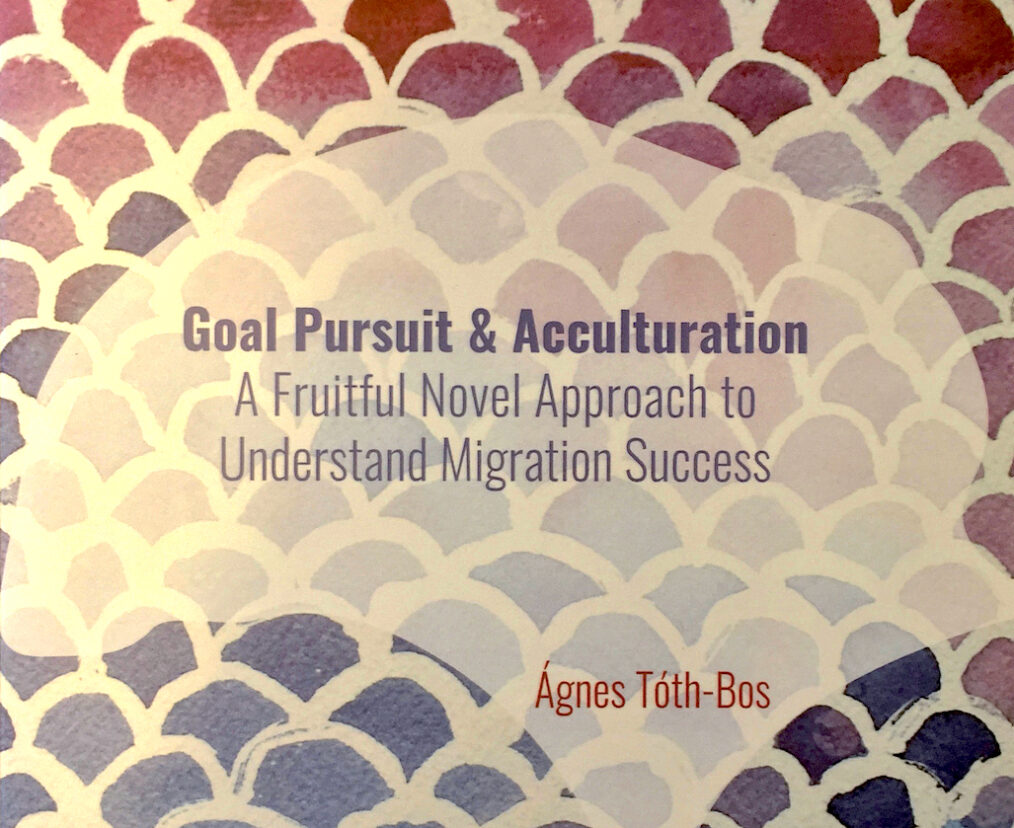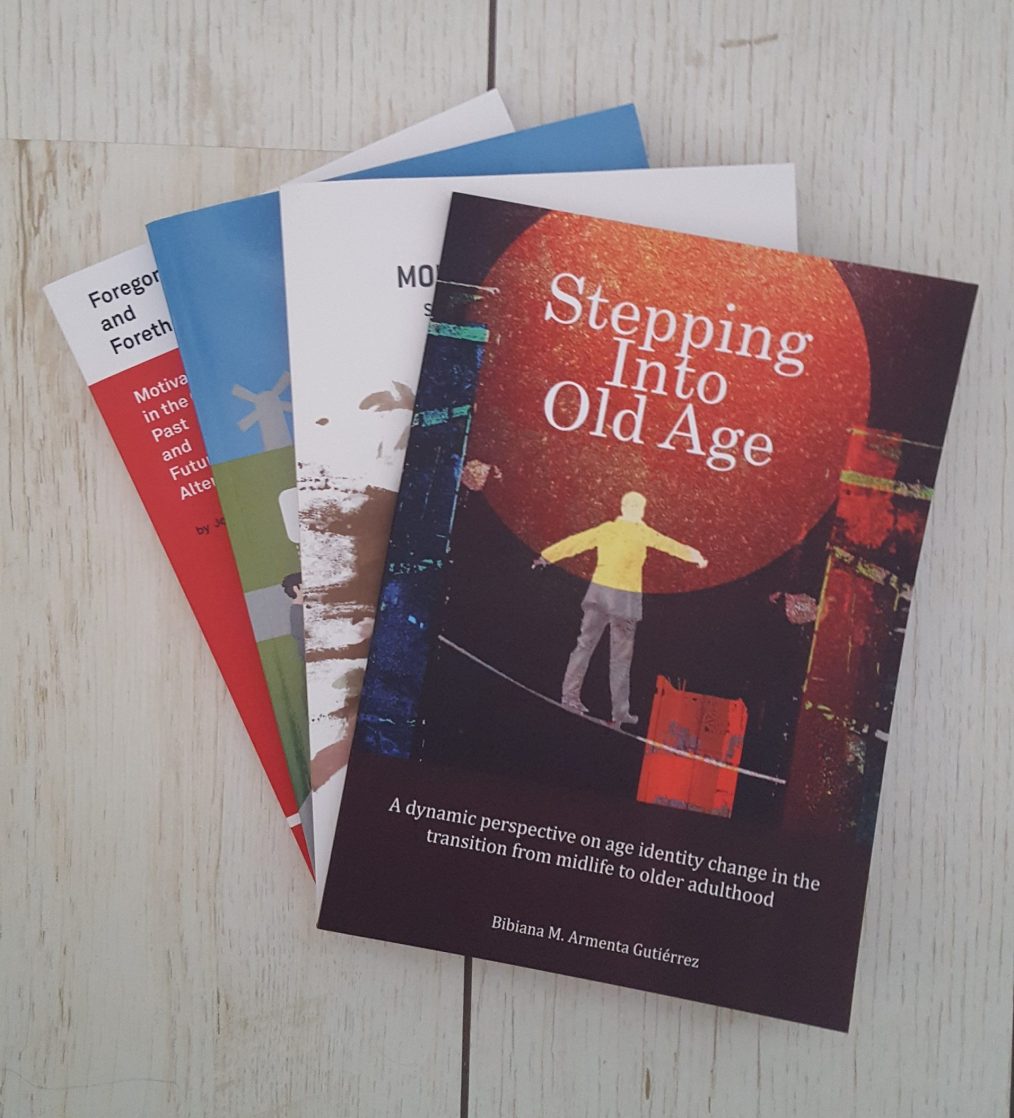What can the beautiful yellow tree in the Hortus garden by the Heymans building teach us about hope, well-being, and adversity? Tomorrow, Babet Kanis defends her dissertation on the role of hope in the context of Groningen earthquakes.
The COVID-19 crisis has affected all our lives, including our work life and well-being. How can you help yourself, colleagues and friends during these times? How can you avoid making it even worse? In this post, Iustina Armasu gives some evidence-based tips about what to do, and what to avoid.
Self-expansiveness suggests that the lines between “me” and “other” are perceived as fluid for some people. A vague concept? Maybe, but with very real consequences. Lasse Lorenz describes what self-expansiveness can do for people, their compassion for others and the world around them.
Early traumatic experiences have an impact on later outcomes and adult life, the very thing is, the long-term consequences not always must be only negative. In this post, Solomiia explains the relevance of childhood adverse experiences, the role of Resilience on later outcomes, as well as a general overview of the study currently conducted by the group led by Dr. Bertus Jeronimus in this topic.
Healthcare workers face high emotional demands at work, which are even higher during the current Corona crisis. Susanne Scheibe reflects on the role of age in maintaining well-being at work and notes that younger healthcare workers may be especially at risk for exhaustion.
It is sometimes said that migrants should work on their acculturation in the host country in order to realize their goals. In her PhD dissertation, which she succesfully defended last November, Ágnes Tóth argues that this relation may actually work the other way around.
Amidst the ongoing global phenomenon of population aging, Bibiana Armenta studies processes that affect the well-being of adults who are stepping into old age. Tomorrow, June 21st, she will defend her dissertation in which she outlines how a new identity as an older adult is shaped and in turn shapes the well-being of adults between their 50s and 70s.
Do you think that taking your glass wine bottles to the recycling bin is an unpleasant hassle? Think again! This Thursday, September 29th, Leonie Venhoeven will defend her dissertation in which she demonstrates how pro-environmental behavior like recycling may actually make people feel good.







